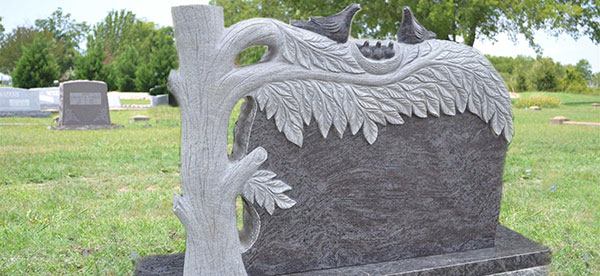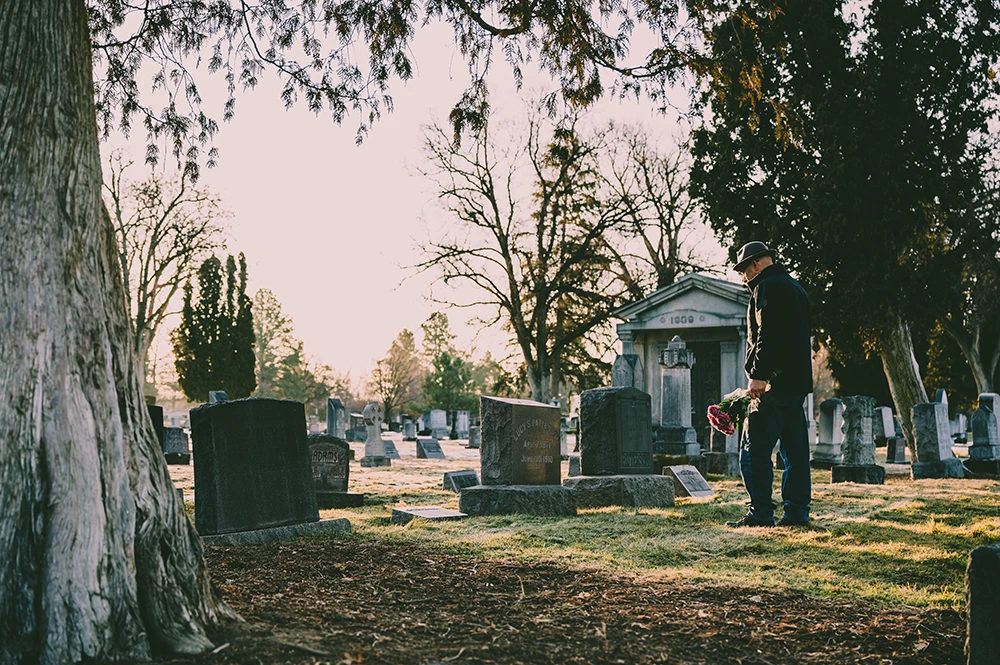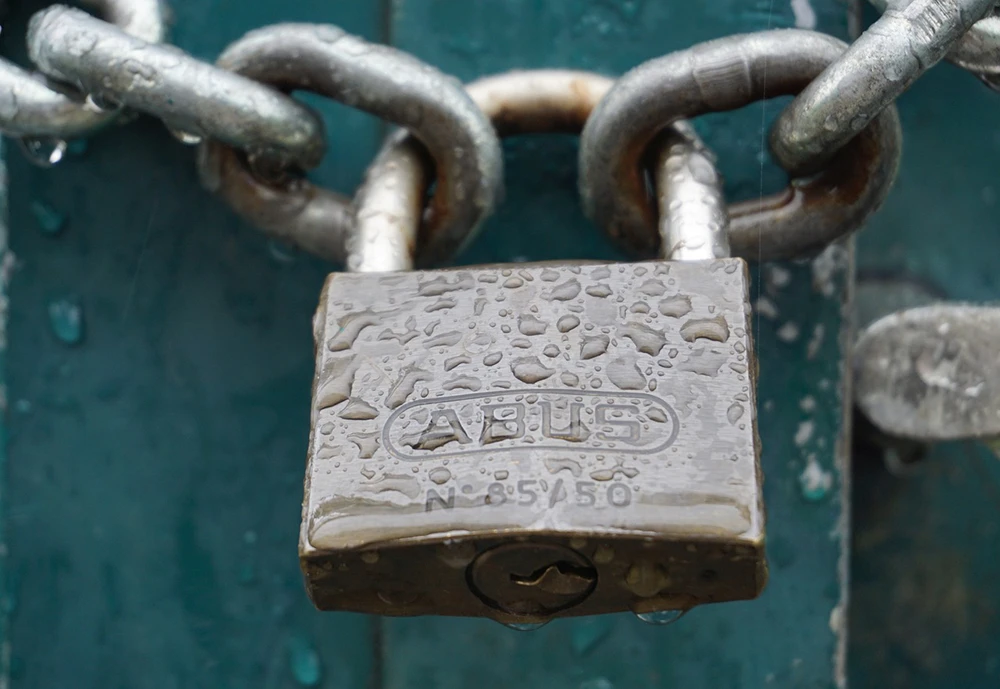Steps on How to Create a Will
A will is an important component to your life if you are reaching a certain age or if you are starting a family.
With the use of a will, a document will be able to outline who will receive your belongings after you die.
Your belongings may include property and determining the guardians of any children under the age of 18.
Also, a will describes who will carry out your final wishes (also known as an executor).
Why Do I Need a Will?
There are dozens of reasons as to why you will want to consider drafting a will.
The main reason is to minimize the amount of stress and family discord during your passing.
It can be incredibly difficult for family members to determine who receives what portion of an estate or your belongings if you are not around to delegate.
Your will is written in your own words to ensure that the appropriate parties receive their portion of your property once you have passed.
Another important reason as to why you will want to draft a will is to ensure the safety and security of your children.
If you were to die without having a will, the legal courts would determine who receives custody of your child and it may not be the person that you would want to raise them.
With the help of a will you can detail which family member or friend will receive the right to become you’re the legal guardian of your children.
How Does a Will Work?

Once you have died, your executor will then bring the will to a probate court in order to partake in a probate proceeding.
This process is used so that the court can verify whether the will is legal and to confirm the legality of your executor.
It is important to note that your will won’t come into effect until after the probate proceeding has concluded.
This can take a varied amount of time, generally between 3 months and 3 years.
The time frame depends on your local laws and how complex your estate is. Before and during the proceeding, your property and estate will remain untouched.
Dividing the Estate without a Will

If you are unable to draft a will prior to your death, your estate will be divided by the court according to the laws of succession.
This generally means that your closest relative that is still alive will receive all of your estate and your children.
Even without a will, the probate proceedings are still required.










